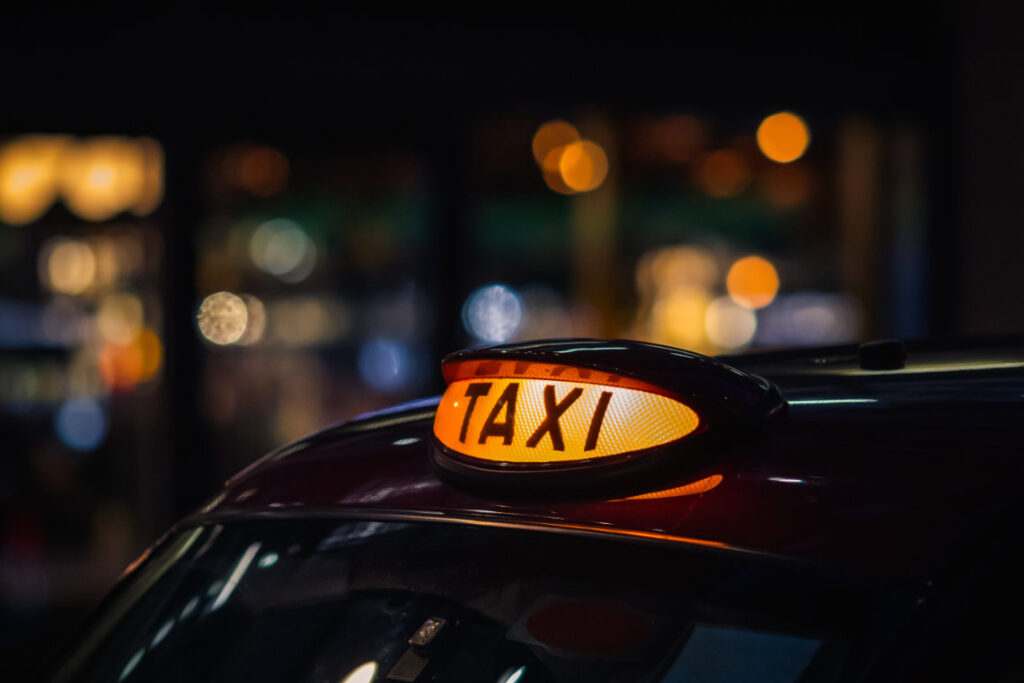
The ‘gig economy’, characterised by app-based, flexible work arrangements, has seen extensive litigation over employment status.
In UK employment law, individuals fall into one of three categories: employee, worker, or self-employed. Workers have rights, such as holiday pay, but are not as protected as employees.
Determining employment status involves assessing whether someone is in business for themselves or working under a contract for someone else.
In Uber v Aslam, the Supreme Court determined that Uber drivers were workers rather than self-employed, granting them additional rights. However, not all app-based drivers qualify as workers.
In Johnson v GT Gettaxi – an app business connected passengers with black cab drivers. A licensed black cab driver wanted to rejoin the app but was refused. He was deemed to be self-employed and not a worker by both the employment tribunal and employment appeal tribunal.
What makes Uber different from Gettaxi?
The Gettaxi app is similar to Uber, so why the difference in employment status?
- Gettaxi didn’t penalise drivers for rejecting rides. Uber does.
- The black cab drivers could choose routes freely. Workers for Uber are required to accept certain routes.
- Gettaxi (unlike Uber) also allowed drivers to make independent arrangements with passengers and use other apps or traditional black cab methods to generate income.
If you enjoyed this blog then perhaps you’d like to sign up to our monthly newsletter. We’ll keep you updated on what’s new in employment law.
The team at Hunter Law is here for you. We can handle your HR issues, finesse your policies, and keep you up-to-date on evolving legislation. Please get in touch with our legal team, we’d love to help.

